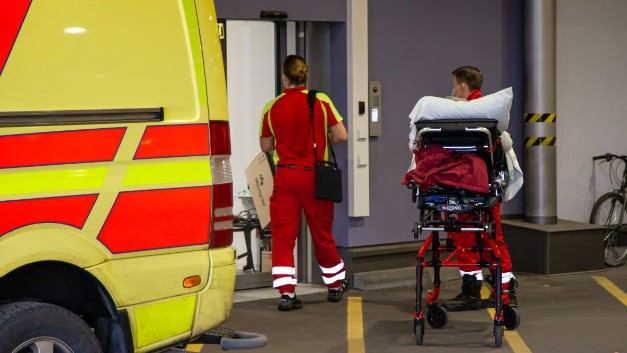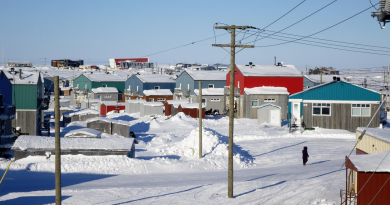Paramedics report increase in assaults, threats of violence

Paramedics in Finland have reported an increase in the number of assaults and threat of violence that they experience while carrying out their duties.
The issue has been the subject of much debate in Finland in recent days following a knife attack on a paramedic on Sunday in the Lapland municipality of Pello.
A 2020 poll revealed that nearly all first responders surveyed said they had experienced violence or the threat of violence during the course of their work.
By comparison, a similar study in 2018 found that only one in four reported having experienced physical violence while working.
“Thirty percent [of cases] involved a bladed weapon and a firearm was involved in nine percent of cases, as I recall. This is very worrying,” Juha Hyötyläinen, chair of the Finnish Paramedic Association (SEHL), told Yle.
The number of threats has also increased in recent years, according to paramedics, with nearly 40 percent of respondents to the 2020 poll reporting that they had received death threats.
Meanwhile, the use of drugs has become an increasingly problematic issue in recent years, according to Hyötyläinen.
“Drug users can be quite unpredictable. You have to be really careful, and even call the destination in advance. We often ask the police to go with us,” Hyötyläinen said.
Teemu Taulavuori, chief physician in the northern municipalities of Muonio and Enontekiö, said that paramedics in Lapland often have to attend scenes without the police.
“Here, the distances are so great that it is not always possible to get the police involved,” Taulavuori said.
More training, protective equipment
After the insecurity experienced at work by emergency medical personnel was highlighted in the 2020 survey, threat and violence response training was increased. Paramedics now use more protective equipment at work, mostly vests to protect against bullets and knives.
Additional safety equipment also includes helmets and reinforced gloves.
“There have been differing opinions on whether the vests should be worn at all times,” Hyötyläinen said, adding that he believed assaults against paramedics should carry the same serious consequences as assaults against civil servants.
“We don’t want to be [classified as] civil servants, but if we are attacked, it should be treated as violent resistance to a civil servant, which carries a prison sentence of four months to four years,” Hyötyläinen said.
The issue has been raised with the government, but progress has been slow, he noted.
Related stories from around the North:
Canada: “We still have a lot of healing to do with our fellow Canadians” – National Day for Truth and Reconciliation observed September 30, Eye on the Arctic
Finland: Truth & Reconciliation Commission in Finland—Election of new commissioners postponed, Eye on the Arctic
Greenland: Greenland, Denmark initiate investigation into past relations, Eye on the Arctic
United States: Int’l Inuit org releases protocols for researchers, institutions and policy makers in the Arctic, Eye on the Arctic



